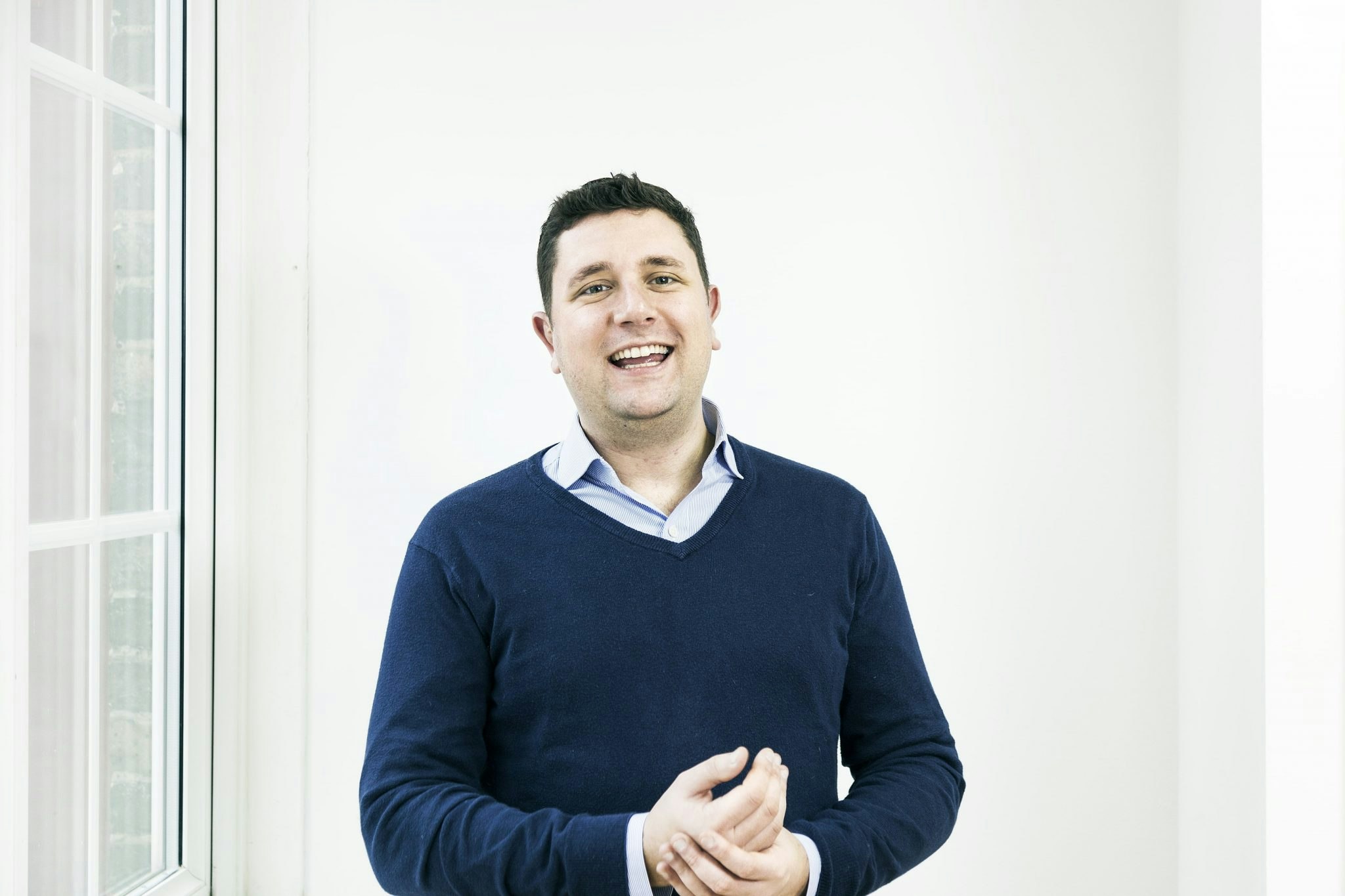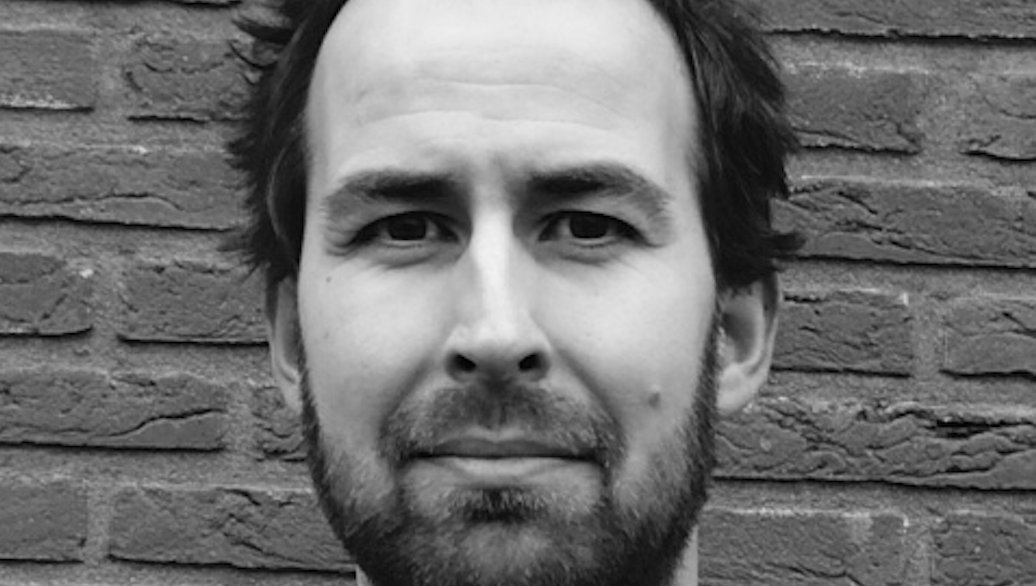Sapphire Ventures, the venture capital firm that spun out of German software company SAP in 2011, is opening an office in London, coming back to its European roots after years of having its main focus on the US market.
The firm is planning to have a 10-person team in London, led by Andreas Weiskam. They recently hired Annalise Dragic from Atomico to strengthen the team.
It is a sign that the European startup ecosystem is truly growing up when even the VC funds originally set up as a way for European corporates to hunt for deals in Silicon Valley come home.
Europe is creating unicorns and decacorns now, so this is a good moment to come back.
“Around 80% of our investments have typically been in the US,” says Nino Marakovic, chief executive and managing director of Sapphire Ventures.
“But this is now changing. The European ecosystem was immature for a long time. The collapse of the dotcom bubble created a drag on the system for many years, but now it is becoming a big market again. Europe is creating unicorns and decacorns now, so this is a good moment to come back.”
The Sapphire Ventures team has always had a strongly European background — Marakovic himself is Croatian — but the firm has always been headquartered in Silicon Valley. It has enjoyed success as a backer of companies like LinkedIn and Square.
Recent shifts have made the continent more interesting for them, however. Sapphire specialises in business to business startups, with investments in companies like Monday.com and Auth0. Europe is producing an increasing number of big B2B businesses now, such as UIPath and Celonis.
Sapphire Ventures, which raised a $1.4bn in new capital commitments at the end of last year, recently invested in Austrian marketing startup Adverity and backed a new round for German content management startup Contentful. It also has a stake in Cazoo, the second-hand car website; Transferwise, the foreign exchange fintech and Currencycloud — 12 European investments in total (out of a total of just over 100).
Sapphire Ventures became independent of SAP in 2011, one of the earliest in the current crop of successful corporate venture capital companies severing ties with their parent companies.
Unless you want to have a constant revolving door of partners, it is better to become independent.
Mouro Capital, Santander’s investment arm, was the most recent to make the move. But Marakovic points out that the trend is actually decades old — General Electric’s venture capital arm spun out in 1987 to create Canaan Ventures, for example.
“The best investors don’t want to work in the constraints of fund that is linked to the strategic aims of a corporation. So unless you want to have a constant revolving door of partners, it is better to become independent,” says Markovic.
He adds that aligning to corporate strategy can be especially challenging as it changes every few years — or even every few quarters. An independent investment fund can develop its own vision and thesis that typically stretches over a longer period of time.
Despite operating as a separate fund for the last 9 years, Sapphire Ventures still maintains a special relationship with SAP, which is still one of the firm’s key LPs. In addition to providing money, SAP can help introduce the portfolio companies to its vast numbers of customers and partners.
“It is a critical leverage point. We’re a pretty big team at 60 people but obviously much smaller than SAP’s global reach,” says Marakovic.
In addition to working with SAP, Sapphire works with companies like Amazon Web Services and Salesforce, which can also offer strategic help — and be potential buyers — for portfolio companies.
Sapphire tends to look for companies that have a run rate of $5m-$10m in revenues and which are doubling and tripling their business year on year. Investments are usually somewhere between $10m-$100m in the initial round. The firm managed more than $4bn in assets and has had 55 successful exits so far.
If everyone votes in favour of something it is a sign we shouldn’t do it. It is the controversial calls that perform the best.
They do occasionally stray outside the B2B thesis — for example with the investments in Cazoo and Transferwise.
“Venture capitalism is a story of exceptions,” explains Marakovic “We have a lot of theses and have developed a strong pattern recognition of businesses we like, but we can also be opportunistic and break those rules.”
In fact, if there is one rule for investment at Sapphire it is that any investment decision should be slightly controversial.
“If everyone votes in favour of something it is a sign we shouldn’t do it. It’s too consensus then. Over the years we have seen that it is the controversial calls that perform the best.”


